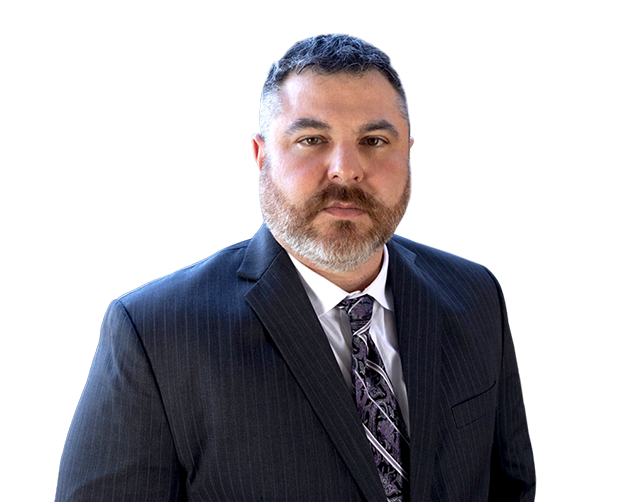
Posted on August 9, 2019 in Uncategorized
On May 14, 2018, the United States Supreme Justices in a 6-3 decision in Murphy v. NCAA struck down the 1992 Professional and Amateur Sports Protection Act, a Federal Law which dictated that most states cannot allow sports wagering. The majority of the justices concluded that it is unconstitutional for Congress to tell states what they can and cannot legalize. Essentially, this ruling allows the U.S. Congress to outlaw sports betting under Federal Law but prevents it from forcing gambling rules on specific states.
Governor Doug Ducey and representatives from the Native American Tribes are willing to bet this law change could mean big returns. Governor Ducey said: “This is positive news.” Ducey has already been negotiating with Arizona Native American Tribal Leader to “modernize” the gaming compacts that Arizona voters authorized in 2002. Those compacts give the tribes the exclusive right to operate certain forms of casino gambling in exchange for the state of Arizona getting a share of the profits. They will begin to expire after 2022.
Ducey believes sports gambling legalization could be a major source of revenue for Arizona, specifically he said: “This ruling gives Arizona options that could benefit our citizens and our general fund.’ Ducey spokesman Daniel Scarpinato said that specifically includes a possible trade-off: The Native American tribes would get the exclusive right to take the bets on sports and in exchange the state would receive a bigger share of the overall take. Governor Ducey has already showed his willingness to the expansion of gaming to help balance Arizona’s budget, as shown in his original proposal to fund teacher raises which included allowing the Arizona Lottery to start a keno game (the plan was not ultimately initiated).
The Navajo Nation is interested in the idea as well. In fact, the attorney who represents the largest tribe in Arizona, Steven Hart was quoted: “I think the Navajo Nation is very interested in sports betting and in finding ways to expand their casino offerings.” Chairman of the Gila River Indian Community, Stephen Roe Lewis’ statement read: “We are looking forward to discussing with the state how we can go about working together on developing this opportunity, which could be a win-win for the state of Arizona and Arizona tribes.”
While 2022 can’t come fast enough for Arizona sports betters, remember gambling (other than for social purposes at State-regulated facilities like casinos and racetracks) is still illegal so beware of the Arizona State bookmaking and gambling laws under A.R.S. §13-3303 through §13-3307. For those of you who want to place a bet on a sporting event through a bookie or an offshore gambling website, be particularly aware of A.R.S. §13-3305 where if you get convicted you could face up to six months jail.
Subject to the exceptions contained in section 5-112, no person may engage for a fee, property, salary or reward in the business of accepting, recording or registering any bet, purported bet, wager or purported wager or engage for a fee, property, salary or reward in the business of selling wagering pools or purported wagering pools with respect to the result or purported result of any race, sporting event, contest or other game of skill or chance or any other unknown or contingent future event or occurrence whatsoever.
A person shall not directly or indirectly knowingly accept for a fee, property, salary or reward anything of value from another to be transmitted or delivered for wagering or betting on the results of a race, sporting event, contest or other game of skill or chance or any other unknown or contingent future event or occurrence whatsoever conducted within or without this state or anything of value as reimbursement for the prior making of such a wager or bet on behalf of another person.
A person who violates this section is guilty of a class 1 misdemeanor.
Remember…if you are arrested or charged with any gambling-related crimes, or if you have any further questions, please contact AZ Defenders at (480) 456-6400 for a free consultation. Our Phoenix criminal defense attorneys are available to answer your questions 24 hours a day, 365 days a year.